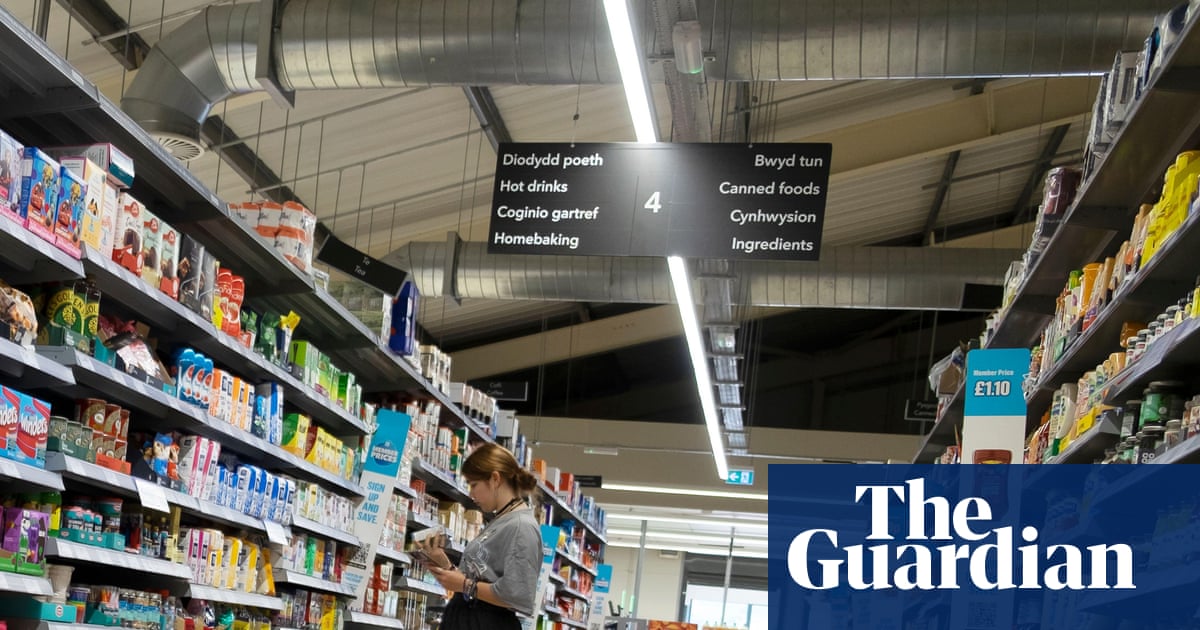UK Inflation Holds at 3.8% in August, Outpacing Major Economies
UK inflation held at 3.8% in August, meeting expectations but nearly double its target. This rate significantly exceeds estimates for major European economies, the US, and the eurozone.
Subscribe to unlock this story
We really don't like cutting you off, but you've reached your monthly limit. At just $5/month, subscriptions are how we keep this project going. Start your free 7-day trial today!
Get StartedHave an account? Sign in
Overview
- UK inflation remained at 3.8% in August, aligning with economic forecasts and indicating persistent price pressures within the British economy.
- The August inflation rate in the UK stands at nearly double the target rate, highlighting ongoing challenges for authorities to bring price increases under control.
- Compared to other major economies, the UK's inflation rate is notably higher than estimates for large European nations such as France and Germany.
- Furthermore, the 3.8% inflation rate in the UK also surpasses the figures reported for the United States and the broader eurozone, making it an outlier.
- This sustained high inflation, particularly when contrasted with international peers, suggests potential implications for UK monetary policy and consumer purchasing power.
Report issue

Read both sides in 5 minutes each day
Analysis
Center-leaning sources frame this story by emphasizing the negative political and economic consequences of persistent inflation. They highlight the "stubbornly high" rates, linking them directly to the Labour government's declining poll ratings and the "blame" placed on Treasury chief Rachel Reeves. The narrative underscores the UK's "unwanted position as an international outlier" for sticky inflation, focusing on the challenges rather than broader economic context.
Articles (3)
Center (2)
FAQ
The UK's inflation rate of 3.8% in August 2025 is nearly double its target and notably higher than estimates for large European economies, the US, and the eurozone. This divergence reflects persistent domestic price pressures, including high costs in sectors like transport and communications, and structural factors contributing to sustained inflation, such as the ongoing cost of living crisis and elevated energy prices.
The 3.8% inflation rate erodes consumer purchasing power, leading to a higher cost of living. Especially affected are lower-income households spending a larger share of income on essentials like housing and energy. The sustained inflation contributes to the ongoing cost of living crisis, causing some of the biggest falls in living standards experienced in decades in the UK.
The August 2025 inflation rate of 3.8% is elevated compared to the UK's target and recent years but is lower than the peak inflation of 11.1% experienced in October 2022. Inflation has moderated somewhat since the peak but remains significantly above the Bank of England’s target of 2%.
Key contributors to inflation include transport—especially motor fuels and airfares—food prices, communications, and housing costs. For example, transport prices surged by 3.2% driven largely by a 30.2% increase in airfares. Communications prices rose 6.1%, making it the fastest rising sector at the time.
Sustained inflation well above the target is likely to influence the Bank of England to maintain or tighten monetary policy, potentially leading to higher interest rates to curb inflationary pressures and stabilize prices. This may impact borrowing costs and economic growth as authorities seek to bring inflation back to target levels.
History
- This story does not have any previous versions.

